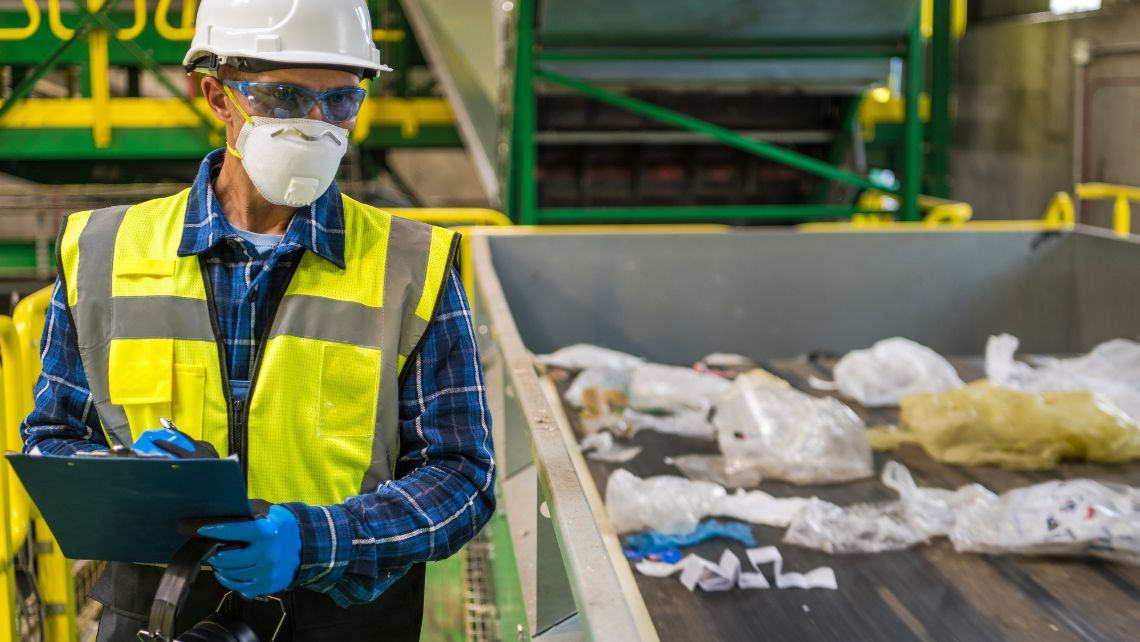
As concerns over climate change and environmental sustainability continue to grow, the future of waste management for businesses has never been more important. The challenges posed by waste generation and disposal require innovative approaches that address immediate issues and pave the way for a sustainable future.
With technology and a heightened awareness of corporate responsibility, businesses can develop strategies that minimize waste and reduce their carbon footprints. Learn about the future of waste management for businesses, including key trends to improve practices.
The Shift Toward a Circular Economy
In a circular economy, industries reuse, repair, and refurbish materials and resources to extend the materials’ lifecycle and reduce waste. Businesses must rethink operations and product design, fostering a mindset that values consumption and the entire product lifecycle. By adopting circular principles, companies can mitigate their environmental impact and contribute to a more sustainable future.
Innovations in Waste Sorting and Recycling
Advancements in technology offer better waste sorting and recycling processes, making it easier for businesses to manage waste effectively. Automated sorting systems equipped with sensors and artificial intelligence can quickly and accurately distinguish between different types of materials, reducing contamination and improving recycling rates. Partnerships with specialized recycling firms can provide businesses with access to innovative solutions for waste disposal.
The Role of Data and Analytics
In an era defined by digital transformation, leveraging data and analytics is becoming increasingly vital for waste management. Through collecting and analyzing waste management data, businesses can gain valuable insights into their waste generation patterns and identify opportunities for improvement. Advanced analytics tools can help organizations monitor waste outputs, set benchmarks, and track progress over time. Explore smart ways businesses can reduce their carbon footprint and enhance operational efficiency.
Employee Engagement and Education
Another crucial aspect of effective waste management is promoting a culture of sustainability within the organization. Engaging employees in waste reduction initiatives fosters a collective responsibility toward minimizing waste and reducing carbon emissions. Businesses can implement educational programs and workshops that highlight the importance of proper waste disposal, recycling practices, and sustainable behaviors. This collaborative approach not only enhances workplace culture but is also essential for achieving long-term environmental goals.
Government Policies and Regulations
The evolving regulatory landscape surrounding waste management can impact how businesses navigate waste practices. Governments keep passing policies to reduce landfill waste and promote environmentally friendly practices. Companies must stay informed and compliant with these regulations, as failure to do so can result in hefty penalties and reputational damage. Proactively adapting to such policies by implementing sustainable waste management practices ensures compliance and gives a company a competitive advantage.
The future of waste management for businesses is an exciting and necessary evolution toward sustainability. Companies can significantly reduce their environmental footprint by adopting a circular economy model, leveraging new technologies, engaging employees, utilizing data analytics, and adhering to regulations.
727 Views












